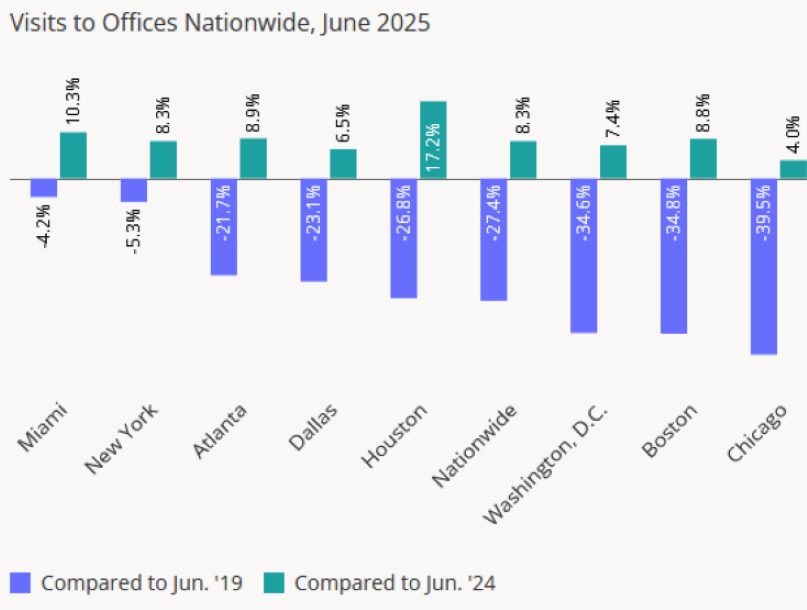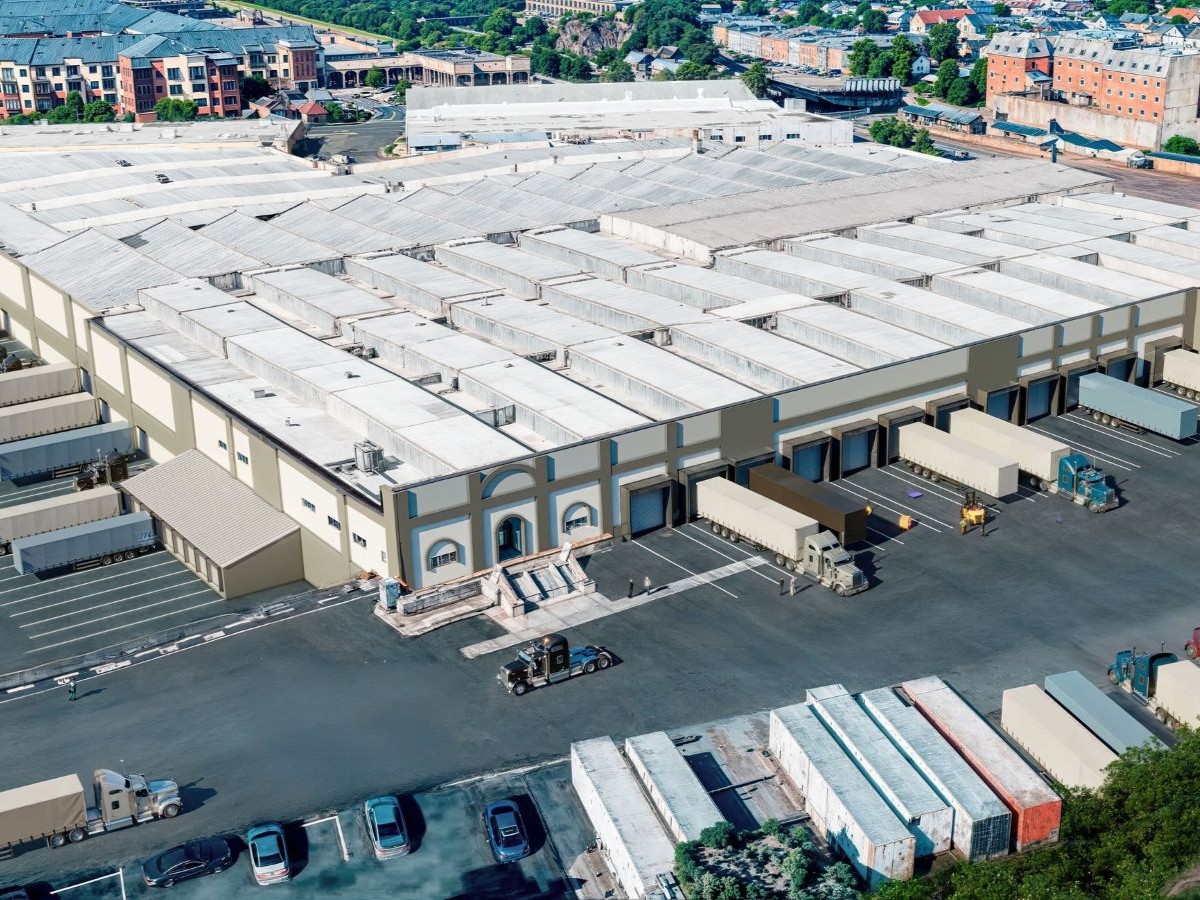Trade Actions’ Impact on the Industrial Market
Two Prologis reports look at the risks that the new tariffs pose for the logistics industry in the United States and China.
By Gail Kalinoski
Two recent research reports from Prologis Inc., a global leader in logistics real estate, state that the newly enacted tariffs on imports have not yet had a major impact on the logistics industry in the United States and China. The company’s portfolio is comprised primarily of distribution facilities on the consumption end of the supply chain in the two countries.
However, both reports add a note of caution that any escalation of protectionist trade policies could increase the likelihood of a global economic downturn, which would have a negative impact on users of logistic real estate.
The first report, Logistics Real Estate: Largely Isolated from Recent Trade Action, was released in early July. “To date, threatened sanctions have been small and logistics real estate remains insulated,” the report noted. “The tariffs announced thus far pose a concentrated risk at the production end of supply chains, potentially decreasing demand for goods or acting as prompts for manufacturers to cut costs.”
Prologis pointed to its own portfolio—which includes 16 build-to-suit facilities completed this year, such as the Home Depot regional distribution center in Cranbury, N.J.—and stated that a review of its U.S. customers revealed more than 75 percent are focused on city and regional distribution and last-mile facilities that serve demand from e-commerce, which has spurred logistics real estate growth in the last decade. The report notes trade growth played a much smaller role in logistics expansions here and in China.
“Prologis’ strategy in China is almost exclusively focused on Last Touch and city distribution, limiting the risk posed by current trade policies in that market,” the report stated, adding that China assets represent less than 1 percent of the company’s portfolio by NOI.
Even port markets, which have the biggest exposure to global trade in U.S., such as Southern California and New Jersey, are also important consumer markets which should limit any global trade impact, the researchers noted. Prologis’ Industrial Business Indicator, a proprietary customer survey that was released in mid-July, reiterated the company’s earlier stance that trade policies “pose little direct risk to logistics demand.”
“As of mid-July, newly enacted tariffs on imports have focused on commodities and intermediate goods, which have a greater impact on companies that operate on the production end of the supply chain. Most logistics users add value near the consumption end of supply chains, and they pursue locations based on proximity to end consumers. As a result, we expect little direct impact on logistics real estate demand from new trade policies, which as of mid-July represent about 1 percent of global trade,” the IBI report stated.
The researchers added that Prologis has not heard reports of changes in growth plans during recent discussions with its customers and the brokerage community. But as in the earlier trade report, Prologis researchers do write in the IBI they are “wary of the potential indirect effects of new tariffs, which fuel uncertainty and act as a tax on consumers.”
NRF joins groups with concerns
For business groups such as The National Retail Federation, tariffs on Chinese imports—current and threatened—are the wrong approach and they claim trade sanctions will harm U.S. companies, workers and consumers. The NRF joined with 65 organizations this week to tell U.S. Trade Representative Robert Lighthizer the tariffs should be removed and the U.S. should develop a full strategy to address the longstanding trade issues between the two nations.
“We are no longer in a ‘trade dispute.’ The tit-for-tat tariffs have now landed us in a trade war that is going to do real harm to U.S. businesses, workers, farmers and consumers. Tariffs hurt the economy as a whole, as well as jobs and consumers in every state,” the groups wrote.
Perhaps it’s too soon to tell of any impact on the logistics market and demand, but Prologis reports its customers are still expanding and only being held back in some places by lack of available space. “Healthy leading indicators, such as the IBI and current capacity constraints, suggest that heightened demand will persist through the coming quarters,” the IBI report noted.
Image courtesy of Prologis Inc.








You must be logged in to post a comment.